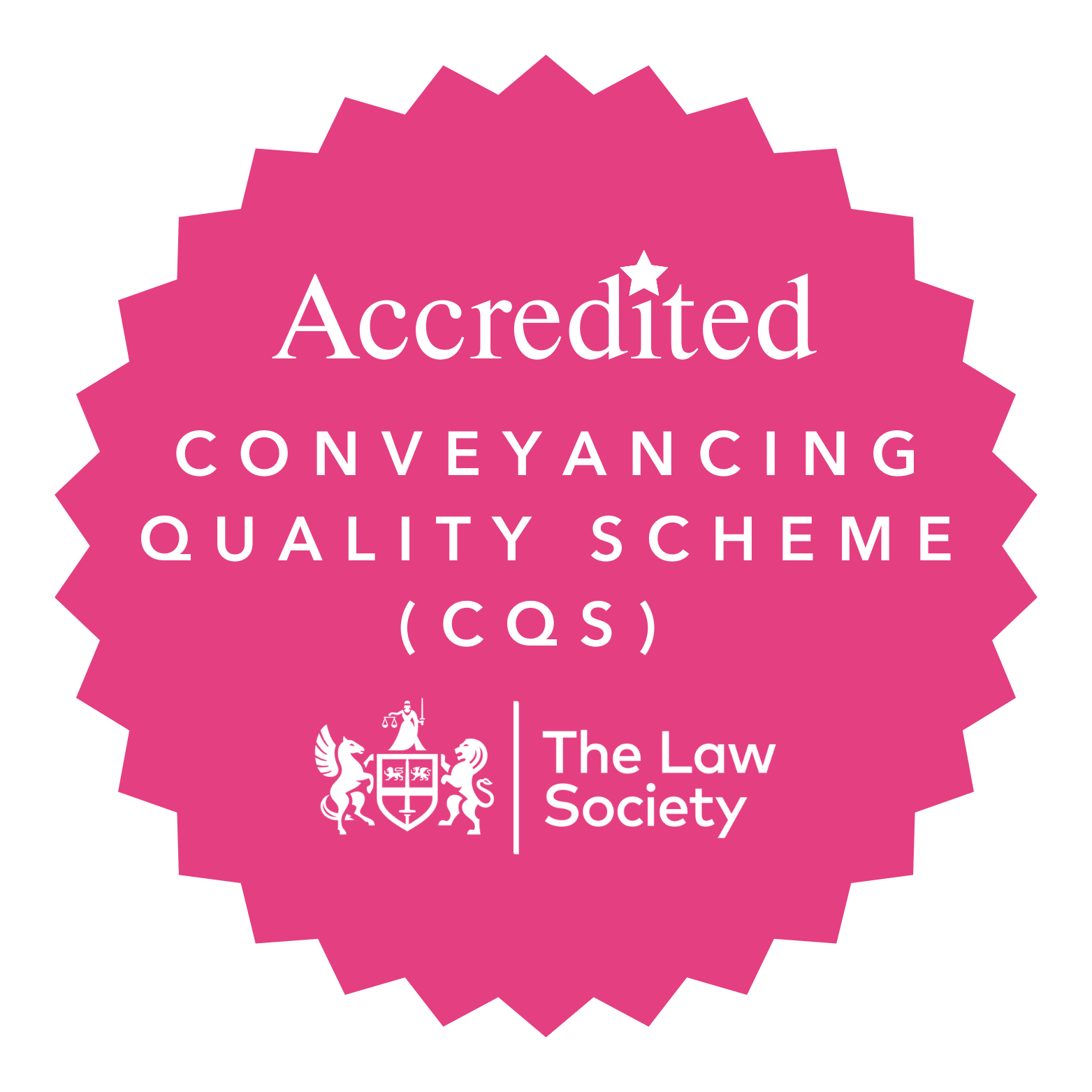- Milton Keynes 01908 660966
- Northampton 01604 828282
Selling the Family Home during a divorce
Going through a divorce is an emotional and stressful time for both parties; it is crucial that you have a good understanding of what rights you have and the process entailed. We recommend that you contact a Solicitor at the beginning of the process.
In the majority of cases, the main asset to be disputed during a divorce is the Family Home. A place which is often cherished with many fond memories from the beginning of the relationship, which can also be the home where the children grew up in. The Family Home can be considered an emotional asset, which some parties cannot bring themselves to sell due to the memories, although for some, the sale can be the beginning of a new start.
The first thing you will need to do is to establish whether the Family Home is registered with Joint Tenancy or Tenants in Common. It is pivotal that you understand the difference, how you hold the Property can impact you on the sale or in death. If you are not named on the Family Home title deeds that does not mean you are not entitled to a share of the net equity from the Property; you will need to speak with a Solicitor to understand what rights you have. If the Property is registered with joint tenancy, it means you both own 50% of the legal and beneficial rights of the Property. Although, if one of you passed away then the other will own the entire rights to the Property. If the Family Home is registered as tenants in common, it would normally show in a Declaration of Trust how the Family Home will be apportioned. This also means, if you pass away your portion of the Property will be distributed in accordance with your Will. We highly recommend you speak with a Private Client Solicitor to discuss your Will.
Both parties need to consider their finances and lending ability. We recommend that before you even make up your mind, you need to think about the following:
- Book an appointment with a mortgage broker to discuss your mortgage lending capacity
- You will need several valuations on the Family Home
- You need an understanding of what remains on your current mortgage and whether there are any hidden Early Repayment Charges
- Conveyancing fees for the cost of a sale
- Estate agent’s fees
Whether you sell the Family Home or Transfer the Equity in the Property for a lump sum, you will need to discuss the matter with a professional. The Solicitor will be able to discuss with you the full financial disclosure process, how the net sale proceeds could be apportioned and what percentage you may be entitled to.
You will need to start to think about the kind of home you will need post-divorce. This will vary depending on whether you have children, how many rooms will you need, the location and your affordability. The blunt truth is that you may not have enough net equity from the sale of the Family Home to purchase a Freehold Property and may need to rent, purchase a Shared Ownership or perhaps live with family. It is best to research properties online or by contacting your local estate agents, who will give you a better understanding of your availability and options.
The finances and division of your assets can be a lengthy legal process, so it is pivotal that you obtain legal advice early on, so you know exactly what has to be done, preventing you from agreeing to less than what you are entitled to.
Franklins can guide you through the process which begins with an initial fixed fee meeting cost. We can discuss divorce, children matters and financial matters with you.
If you feel Franklins might be the right firm to advise you on your legal position, and you would like to enquire about when an initial appointment could be scheduled, contact our Family Law team on 01604 828282 / 01908 660966 or email info@franklins-sols.co.uk













